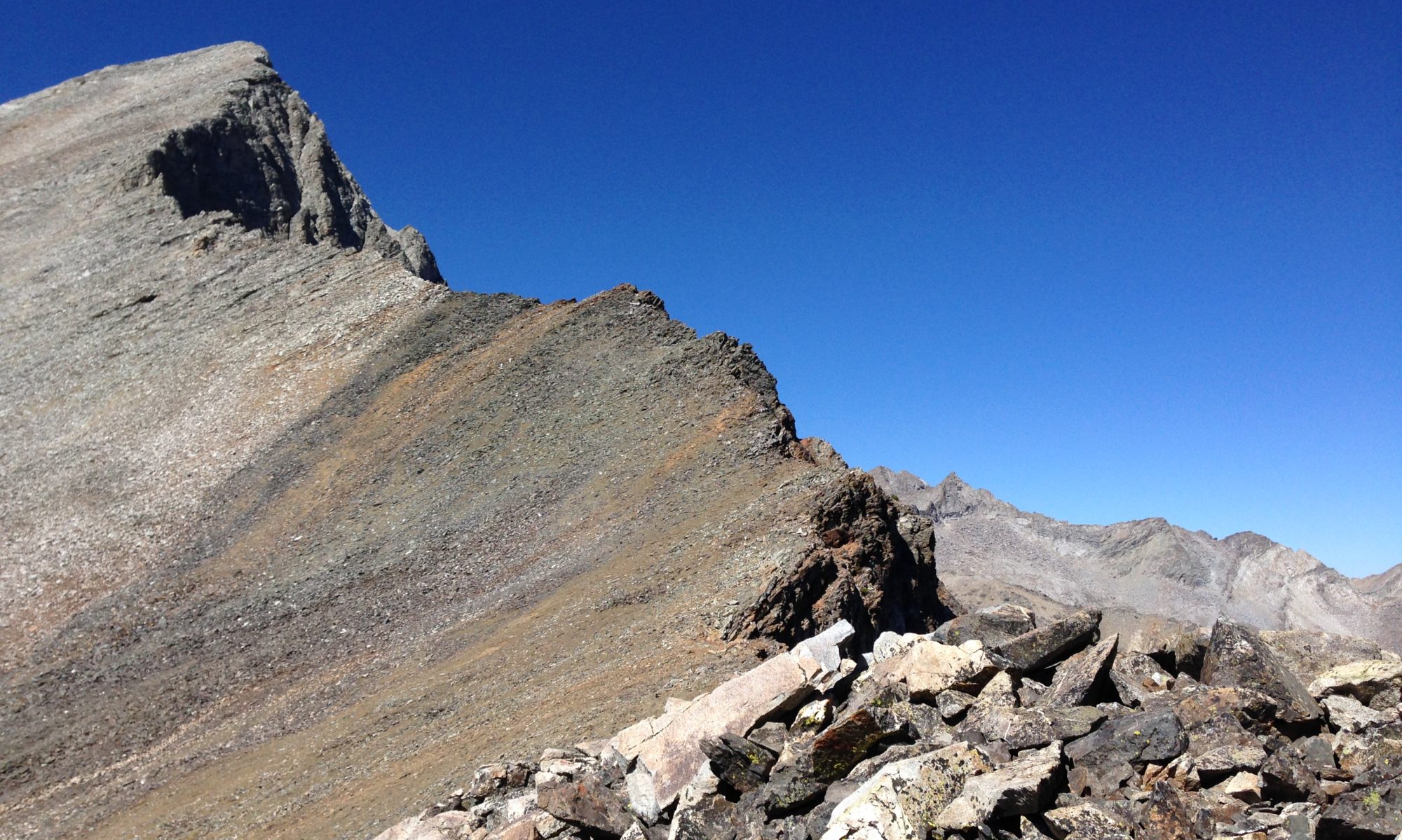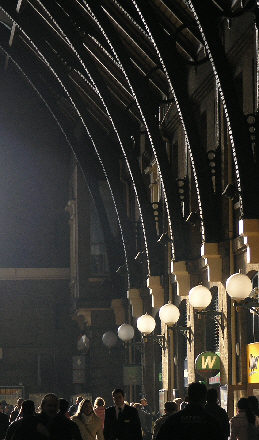Chris Macrae has an interesting (and complex) web of blogs on sustainability, grassroots, value, trust-flows, globalization and more. This is an interesting entry point: Searching 30000 Grassroots Projects for Humanity by 2010.
Some of the projects listed are not what I would expect in a list of “grassroots”, but maybe the definition is up for review, toward a marriage of corporate and community activity. I guess my own definition still revolves around local, individual responsibility and action, driven and directed by personal passion rather than organizational strategy. Even if organized strategies do emerge.
Grameen Bank would be an example of local, personal initiative snowballing to the level of global organization. Their core work is still driven by and grounded in personal responsibility for local lending and administration. I’m less clear about whether the activities of private citizen and former president Bill Clinton qualify as grassroots efforts, even as I suspect they do much good. And what of experiments like SmallChangeNews.org? Is there a minimum threshold for initiative?
Catalytic Communities is something that absolutely qualifies as a genuine, and effective, grassroots effort. Let’s not forget that they still need a few dozen supporters by Saturday, 31-December to pledge $10 per month to cover core funding for 2006. Please join us in pledging, if you can.
technorati:smallchangenews


